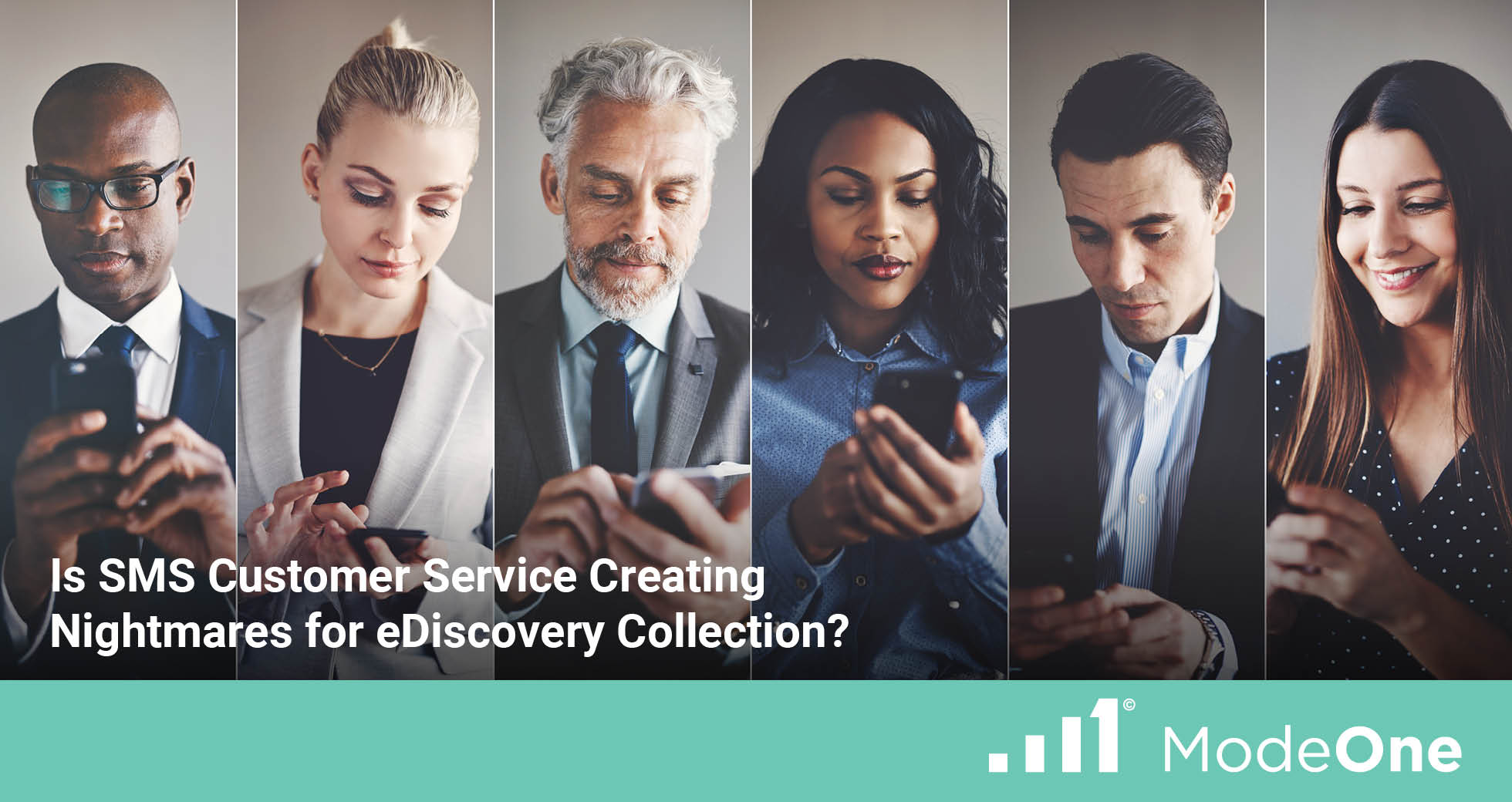According to TechCrunch, Americans spend about five hours per day on their cell phones; much of that time is spent communicating with others. And the most popular mobile phone communication channel is short message service (SMS)—text messages. Texting apps have become ubiquitous: Forbes found that in 2022, 23 billion SMS messages were sent every day, worldwide. Every day! While most of these text communications are between individuals – friends, family, and co-workers—companies recognize the value of using SMS to communicate with customers. So, the use of text messages as a customer service tool is growing across several industries. How did we get here?
Texting with Customers Began as One-Way Communications
Anyone who has flown in the past few years is likely familiar with airline text notifications. When checking in for a flight, passengers are asked to select from several communication options, including text messages. They then receive notifications about delays, boarding times, the location of their luggage, and any other just-in-time information the airline wants to share. Studies have found that the open rate for these text messages can be as high as 98 percent versus 20 percent for emails. Fairly quickly, the success of these notification systems led to the expanded use of SMS communications—namely, the text marketing explosion and bulk text applications. But interactivity was limited to clicking on a link to take an action. The conversations were still one-way.
Progressing to Interactive Communications
With the success of SMS notifications and marketing, companies have moved beyond these one-way communications, offering interactive conversations with chatbots or live representatives. For instance, following the examples of Jet Blue and Alaska Airlines, in 2019, Delta Airlines announced that they were offering SMS customer service. Beyond the airline industry, Airbnb communicates with hosts and guests via a texting platform. And retail companies use SMS to allow customers to instantly ask questions about an order, a special request, or inquire about product availability. This trend is likely to continue given the advantages of text-based customer service. According to a study by Forrester, the average customer service phone call costs about $16. Compared that to the average text thread costs of between $1 to $5 per interaction. And 52 percent of people prefer to text with a customer support rep. So why would companies not adopt it? Are they considering the legal ramifications?
What About Customer Privacy?
While companies increasingly find that text communications with their customers deliver many advantages, they might not be taking the long view. What happens when those two-way communications on a customer’s personal mobile device are needed for litigation? Remember that most of the messages within their text app are personal. What about customers in jurisdictions with stringent data privacy regulations like the GDPR? How will the firm, or its eDiscovery provider, collect the messages they need without infringing on the privacy of the device owner?
Targeted Smart Phone Collection
Traditionally, mobile phone data collection has been comprehensive, time-consuming, and cumbersome. The most common tools for mobile phone collection lack targeting abilities. Physical collections applications preserve bit-by-bit, including unused space. While Logical and Filesystem collections only preserve the user data or file systems without free space. Still, they are too all-inclusive to protect personal information.
Beyond the technology used, the methods are inefficient. Forensic companies either send technicians on-site to collect or ship physical collection kits. The latter often resulted in self-collection, creating another potential set of problems, especially if the individual is a party to the litigation. ModeOne has simplified the process by using a patented SaaS framework to automate the targeted collection of relevant data stored on smartphones and short-message chat applications. It ignores private, unrelated files assuring data owners that their personal content is not exported and included in the discovery data set.
ModeOne is the first automated, fully remote data acquisition service with global reach. By adopting this technology, marketing and customer service teams can continue enjoying SMS communications’ benefits without creating headaches for the legal team.
